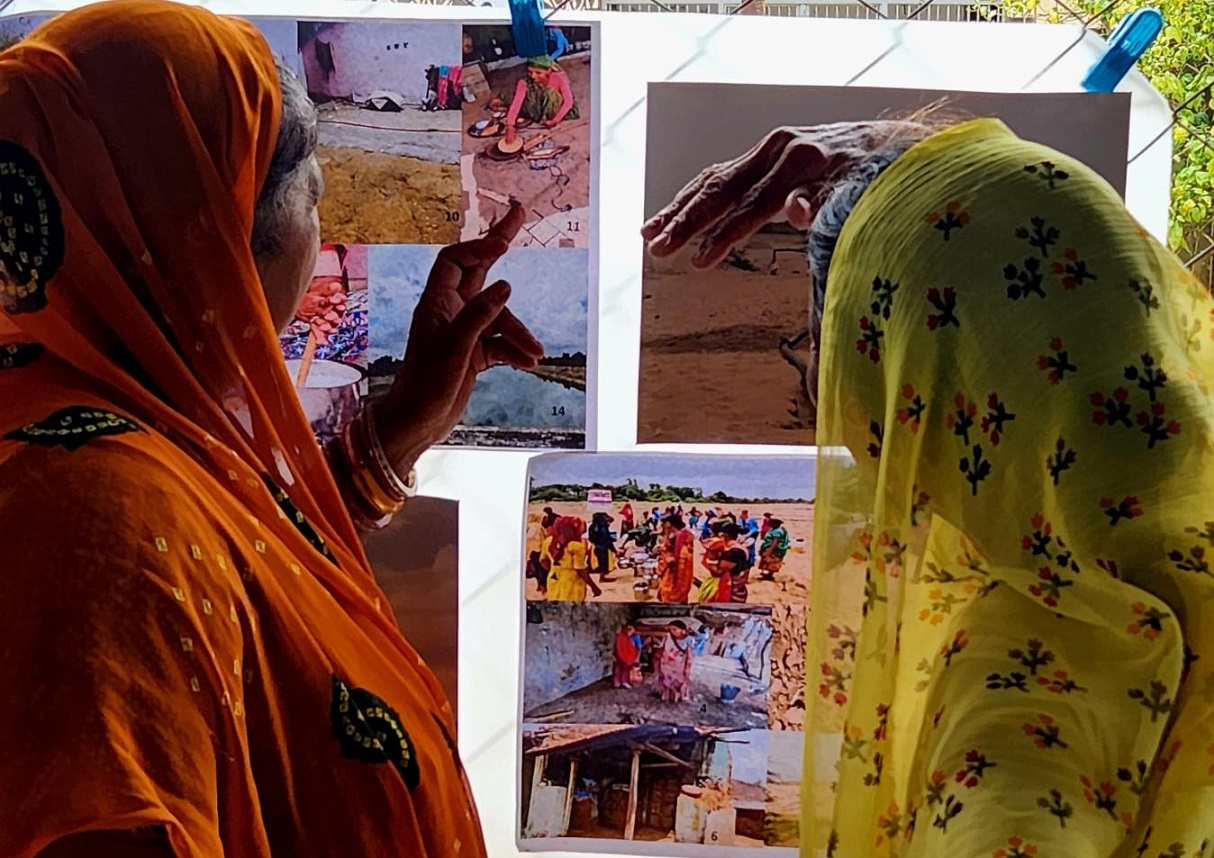
By Mihir R. Bhatt, All India Disaster Mitigation Institute (AIDMI), India
The extreme heat of 2024 is unprecedented and it is only going to accelerate in the coming years. Extreme heat will also cascade and will be co-located with other extreme events such as floods cyclones, or both, as it happened in the summer of 2023 in Gujarat.
Co-location in this context means the impact of extreme heat on a single location, either in conjunction with other hazards such as floods or cyclones or as repeated extreme heat events within a short spell of summer.
Anticipatory action in this context refers to any action taken at any level in anticipation of extreme heat before the extreme heat strikes.
Let me draw from the recent panel on “Anticipating Futures: Forecasting and Climate Preparedness for Co-located Hazards in India (ANTICIPATE)” Final Project Meeting at the Institute of Development Studies, Brighton, UK on June 4-6, 2024, supported by the British Academy.
I also draw on the findings from the field in the ANTICIPATE project, and more importantly, the validation workshop which was conducted in our field site (in June 2024), where the impact of extreme heat was repeatedly highlighted. During the three years of the project, the co-location of heat and floods, heat and hailstorms, and heat and heavy rains occurred for two years, causing the loss of livelihoods, income, assets, and a future.
So, what did we find that is more broadly useful for further research and action to address extreme heat acceleration in the village as well as across India?
One, in such an emerging landscape of extreme heat risk, what are key anticipatory actions we must take?
Two, how do co-creations around co-locations happen across sciences, the economic sector, and people in a settlement facing extreme heat?
Three, what can be done to support and nurture future leadership for co-locations across subjects and individuals relevant to extreme heat and extremes more widely?
Four, how do we collect and use textual, numerical, and visual evidence on co-location for climate action and anticipatory climate justice, especially for those affected?
Five, what anticipatory agenda do we need to support local co-created research and mutual learning around the co-location of extreme heat?
Six, are there common strategies for extreme heat preparedness and anticipatory action, and how to define and develop them for greater and long-term cooling goals?
Seven, does co-location make solidarity for anticipatory action among populations affected by extreme heat- more possible?
The seven questions raised above are needed for further research and innovation to better address the co-location of extreme heat and extreme events more broadly for anticipatory action in India.